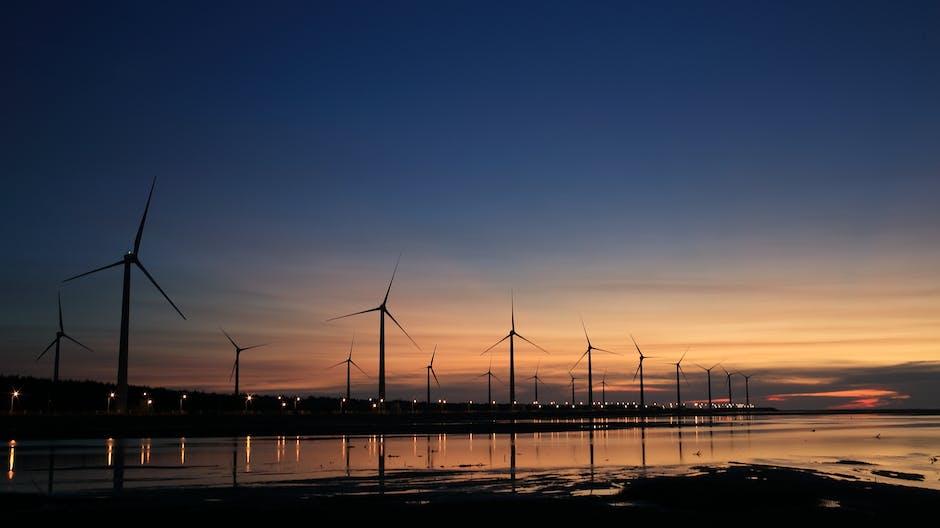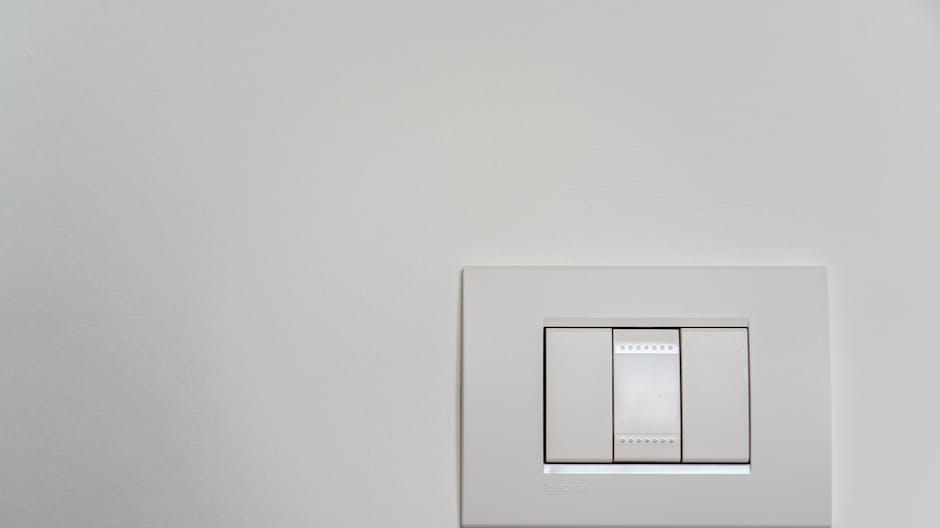Introduction
Eskom is the largest electricity producer in South Africa, and it supplies the majority of the country’s electricity. It is a state-owned utility company, and it is the only company in South Africa that is allowed to generate and sell electricity. Eskom is the largest employer in the country, and it is the largest electricity provider in Africa.
Eskom’s market share in South Africa is about 85%.
What percentage of the market does Eskom supply?
The South African electricity supply industry is controlled by Eskom, which owns and operates the high voltage transmission grid. Eskom supplies about 60% of electricity directly to customers, with the remainder being supplied by municipalities and independent power producers.
Eskom is a vertically integrated monopoly, wholly owned by the state, supplying about 90 per cent of the electricity consumed in South Africa. Measured by generating capacity, it is the eleventh largest power utility in the world. It is the sixth largest company in Africa across all economic sectors.
What percentage of the market does Eskom supply?
Eskom is the largest producer of electricity in Africa and is among the top utilities in the world in terms of generation capacity and sales. It is the largest of South Africa’s state owned enterprises and represents the country in the Southern African Power Pool. Eskom’s operations span the entire electricity value chain, from generation, transmission and distribution to retail sales. The company’s vision is to be the leading integrated electricity company in Africa, providing sustainable energy solutions for the continent.
Eskom is considered an undesirable monopoly market structure due to productive and allocative inefficiency. Productive efficiency occurs at a point where the marginal cost is equal to the average cost, and the allocative efficiency is at a point where the price is equal to the marginal cost.
Does Eskom have competitors in South Africa?
Eskom’s competitors and similar companies are in the business of providing electricity. These companies include FirstEnergy, Direct Energy, Entergy and Hydro Quebec. These companies are all vying for a share of the electricity market, and each has its own strengths and weaknesses.
Eskom is one of the major drivers of the economy in South Africa. Not only does it provide electricity to most of the country, but it also stimulates the economy through its operations and capital expenditure. Eskom provides a critical input to most major industries in South Africa and is therefore an important part of the economy.

Who produces 95% of South Africa’s electricity?
Eskom is a state-owned power company that is vertically integrated, meaning that it generates, transmits, and distributes electricity. It is the largest power company in Africa, generating approximately 95 percent of the electricity used in South Africa. Eskom also has a substantial share of the electricity generated on the African continent.
There are several proposed reforms that directly deal with South Africa’s state-owned utility, Eskom. The company has a near-monopoly over South African electricity, owning more than 90% of generation capacity. It also makes consistent losses and has lost millions to alleged government looting and corruption. The proposed reforms aim to improve Eskom’s financial situation and make it more efficient. However, it is unclear if they will be enough to fix the company’s underlying problems.
Is Eskom the only supplier of electricity in South Africa
Eskom is a critical company for both South Africa and the African continent. It provides the majority of electric power for both South Africa and Africa as a whole. Additionally, it is the largest electricity provider on the continent. This makes Eskom a crucial company to maintain and invest in.
The power outages in South Africa have been a major issue for businesses in all sectors. It is estimated that the loss to South Africa’s businesses and industries that battle with scheduled power cuts is about R1 billion per stage, per day. This is a major loss for businesses and can have a serious impact on the economy.
Why does Eskom not have competition?
The electricity industry in South Africa is currently undergoing a period of reform. The Electricity Act of 2006 opened up the electricity sector to private competition, and there has been a gradual increase in the number of private companies providing electricity in the country. However, the overall market share of private providers is still small, and Eskom continues to dominate the industry.
There are a number of reasons why private providers have not been able to gain a larger market share. One of the main barriers is the high cost of electricity in South Africa. Private providers have typically been unable to match Eskom’s low prices, making it difficult for them to compete.
Another barrier to private sector participation has been the lack of an adequate regulatory framework. The Electricity Act is still in the process of being implemented, and a number of key regulations have yet to be finalised. This has made it difficult for private providers to operate in a stable and predictable environment.
Despite these challenges, the electricity sector is gradually opening up to private competition. This is in line with international trends, which are moving towards greater commercialisation, corporatisation and privatisation of the electricity sector.
South Africa’s dependence on coal is a major contributor to the country’s greenhouse gas emissions – which are among the highest in the world – and presents a significant challenge in the transition to a low-carbon future.
What will happen if Eskom’s monopoly is broken
In a monopoly, a single company or organization owns all or nearly all of the market for a given product or service. This gives that company the power to set prices, terms, and conditions for its customers. If the monopoly is broken, there will be inefficient power supply in the cities as the monopoly has made the economy to trust just on a single organization and they do not have immediate substitutes. This could lead to blackouts, brownouts, and other service disruptions.
Morocco has achieved a 100% national electricity access rate for both its rural and urban populations. This is an impressive accomplishment and puts Morocco among the top electrified countries in Africa. electrification is essential for development and improving quality of life, and Morocco has clearly made it a priority.
What is the current performance of Eskom?
Eskom has made good progress in increasing its available generation capacity, achieving savings of R16 3 billion against a target of R6 2 billion. The company is on track to achieve its total targeted savings of R63 billion by financial 2023. This is a positive development for Eskom and will help the company to improve its financial performance.
Eskom is facing a R20bn net loss in 2023, as sales are expected to fall and costs for maintenance, diesel and debt servicing rise. This is a significant increase from the R12.3bn loss reported for the year ended March 2022, and highlights the challenges the power utility is facing. Eskom is struggling to meet its financial obligations, and this latest loss will only add to its debt burden. The utility is also facing stiff competition from independent power producers, who are able to provide cheaper and cleaner energy. Eskom needs to find a way to reduce its losses and improve its financial situation, or it faces the risk of insolvency.

Is Eskom a natural monopoly
Transmission is a natural monopoly because it is very expensive to build and maintain a transmission grid. Therefore, all power generation is tied into Eskom’s national transmission grid. If you want to use the transmission grid, you need Eskom’s permission.
Escom is a monopoly in the electricity industry in South Africa. It is the largest electricity producer in the country and supplies electricity to all South African households and businesses.
Last Words
Eskom is the largest electricity utility in South Africa, and it dominates the market with a share of about 95%.
In conclusion, Eskom’s market share in South Africa is significant, but there is still room for improvement. The company’s focus on providing reliable and affordable electricity to consumers has made it a trusted name in the industry. However, with increasing competition from other providers, Eskom will need to continue to innovate and invest in its services to maintain its market share in South Africa.
